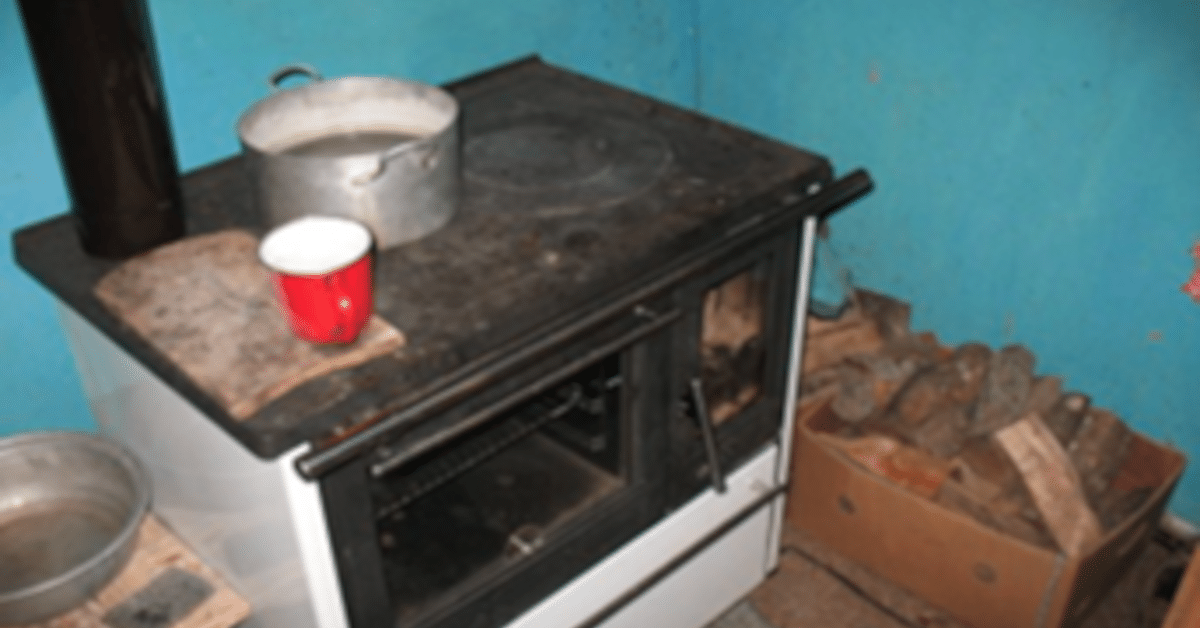Energy poverty affects 30 million people in the most vulnerable households across Europe. To be able to recognize and minimise the effects of this pressuring issue it is crucial to develop a national program for energy poverty alleviation: the NECP revision is a timely occasion to effectively address this issue.
– Energy poverty affects vulnerable households in Europe, with a significant impact in Croatia.
– Croatia lacks a developed national programme to alleviate energy poverty, despite existing research data and EU-funded projects.
– Public engagement, expert involvement, and a comprehensive programme are needed to address energy poverty effectively in Croatia.
Energy poverty is an enduring issue that disproportionately affects the most vulnerable households across Europe. It is estimated that 30 million people live in energy poverty, with the highest rates found in Southern and Central-Eastern European countries. The problem is particularly evident in Croatia, especially in light of the recent energy crises, the rise in energy prices caused by the war in Ukraine, and the closure of several energy supply routes. While the Croatian National Energy and Climate Plan (NECP) outlines the measures for adopting and implementing a programme to alleviate energy poverty, the programme itself has not yet been developed.
There are several EU-funded projects addressing the issue of energy poverty in Croatia, and they provide valuable research data for insightful analyses. These analyses, which are open-source, can be utilised by the national government to develop a comprehensive national energy poverty alleviation programme. Additionally, DOOR has developed an energy poverty questionnaire that has been tested in two cities and could be used at the national level to obtain relevant data. Furthermore, there are expert organisations and specialists actively working on the topic of energy poverty, and their involvement during the programme’s preparation could be sought.
Some measures have already been implemented in Croatia to assist vulnerable energy customers through monthly incentives, although the exact number of households benefiting from these measures is not publicly known. A programme for mitigating energy poverty, which includes the use of renewable energy sources in residential buildings in assisted areas and areas of special state concern, has been developed until 2025. However, the programme does not provide a clear definition of energy poverty and only targets specific towns and municipalities in Croatia.
The National Environment Protection and Energy Efficiency Fund has issued a public call for energy renovations of energy poor houses. The criterion used to define energy poor households was the receipt of social welfare by at least one person within the household. However, the call was largely unsuccessful due to the fact that many individuals receiving social welfare live in illegal houses or are simply not interested in energy renovations, as they face more immediate problems. Additionally, they often lack knowledge about energy poverty, energy efficiency, and related topics, which can be too abstract for them to comprehend.

